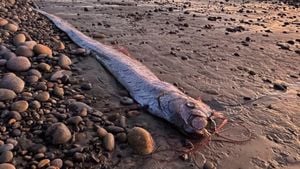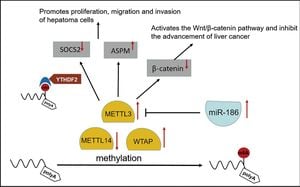Madeira Island has recently experienced significant incidents impacting both its natural landscapes and public health, drawing attention from local authorities and residents alike. A notable landslide at the start of December last year restricted access to key hiking trails popular with tourists and locals.
The classified hiking trail of Levada do Caldeirão Verde (PR9) has recently been fully reopened, as confirmed by the Institute of Forests and Nature Conservation (IFCN). This trail, known for its scenic views and lush vegetation, had been closed since December due to several landslides, some quite substantial. The landslides made the route between Queimadas and Caldeirão Verde impassable, prompting safety concerns.
Initially, access to the entire route was prohibited, only allowing for partial reopening between Queimadas and the junction with Vereda da Ilha (PR 1.1) at kilometer 4.5 out of 6.5. Now, with the reopening, visitors can once again enjoy the entire trail, following the historic levada of the same name, which dates back to the early 20th century. The levadas, or irrigation channels, are central to Madeira's agriculture and tourism, offering majestic views for hikers.
Despite this good news, access to the Caldeirão do Inferno has been restricted for over two years. This route remains significant, as it is still listed among the classified walking trails according to the regulations set last year. The IFCN provided updates on additional walking routes, stating several remain closed due to the devastating fire incidents of August and October 2023, which compromised the safety and accessibility of various trails.
The continued closures include popular paths such as PR 1.3 Encumeada Path, PR 4 Levada do Barreiro, PR 7 Levada do Moinho, and others, which all play important roles for outdoor enthusiasts and local economies.
On another front concerning public health, the Regional Health Directorate (DRS) and the Regional Health Authority (ASR) reported two autochthonous cases of dengue fever confirmed by the National Institute of Health Doutor Ricardo Jorge (INSA) on February 18, 2025. This marks the first confirmation of dengue fever cases within the Autonomous Region of Madeira (RAM).
The epidemiological investigation led by the ASR indicated symptoms compatible with dengue were first observed at the beginning of January. Thankfully, these individuals were determined to be outside the infectious period, minimizing the risk for new infections.
Further details revealed the two individuals reside near where mosquitoes infected with the dengue virus were trapped during the third week of January, leading health authorities to immediately ramp up entomological surveillance and control efforts to prevent the spread of the virus.
The DRS reassured the public, stating no additional cases of dengue have been identified within RAM since January 27, according to assessments conducted by INSA. Health officials remain vigilant, actively monitoring mosquito populations to prevent any outbreaks. Public health remains at the forefront of priorities as local authorities work diligently to keep the region safe.
The juxtaposition of the reopening of popular hiking trails alongside the recent dengue cases highlights the diverse challenges faced by Madeira Island. While the return of hikers to trails like Levada do Caldeirão Verde is welcome news for local businesses dependent on tourism, the awareness of health issues like dengue fever remains pertinent for residents and visitors alike.
Moving forward, Madeira's authorities will need to maintain their focus not only on environmental safety but also on public health measures. The impact of natural events on accessibility and tourism, paired with health challenges, demands continued community engagement and adaptive strategies to bolster both the economy and the wellbeing of the island's inhabitants.
With rich natural landscapes and unique endemic species, Madeira is known for its breathtaking views, drawing visitors year-round. The balancing act between maintaining these natural sites for tourism and addressing health emergencies effectively will be the key to sustaining the island's allure and ensuring safety for all who live or visit the region.



